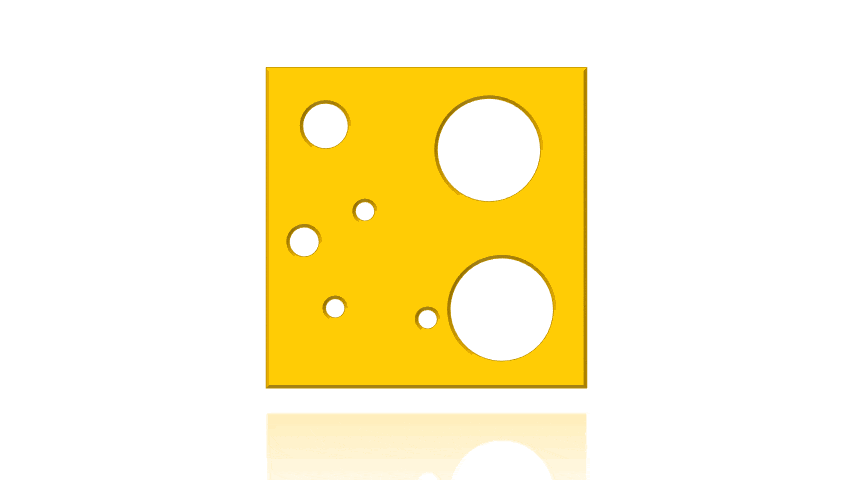Víkendové surfovanie
José Andrés: Let People Eat The seven people killed on a World Central Kitchen mission in Gaza on Monday were the best of humanity. They are not faceless or nameless. They are not generic aid workers or collateral damage in war. Saifeddin Issam Ayad Abutaha, John Chapman, Jacob Flickinger, Zomi Frankcom, James Henderson, James Kirby and Damian Sobol risked everything…
ďalej...







